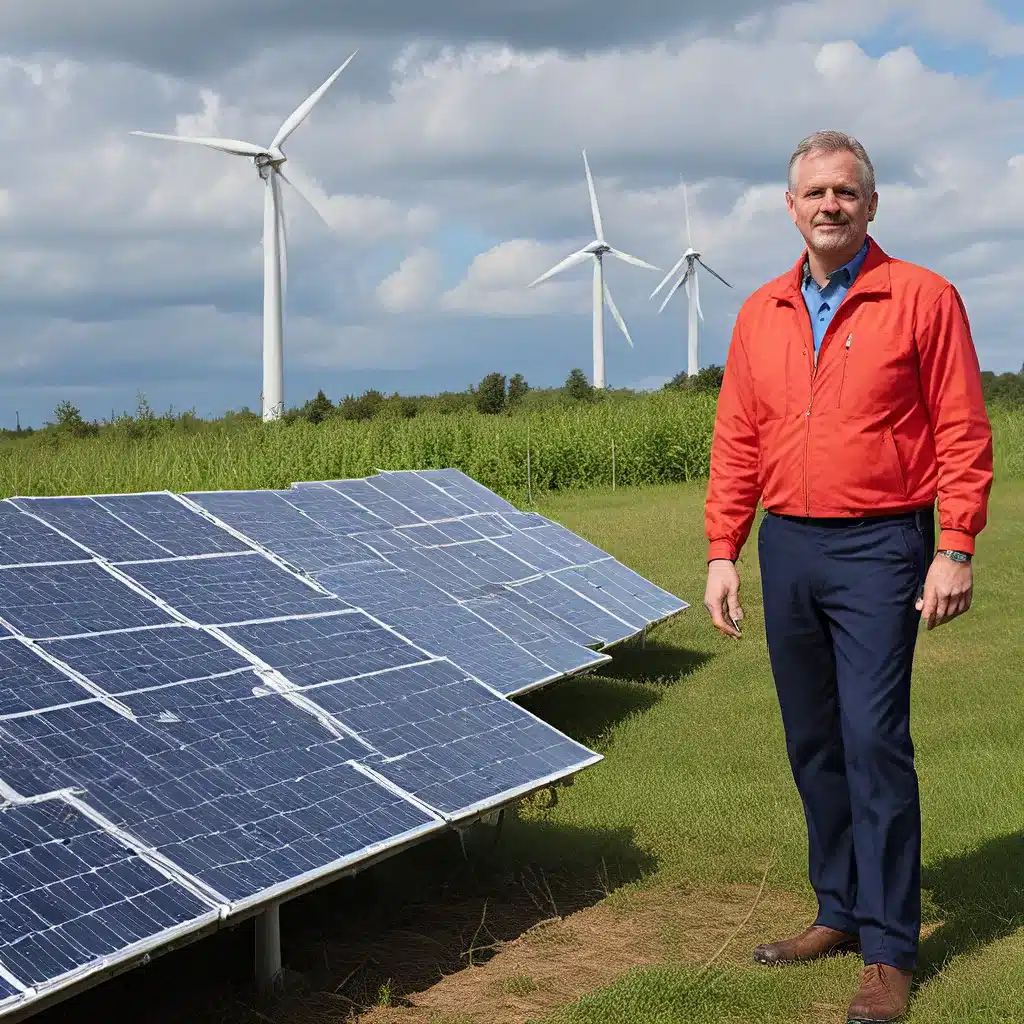
As someone passionate about the environment and the urgent need to address the climate crisis, I’ve been deeply inspired by the tireless efforts of grassroots activists and organizations fighting for a clean energy future. Their unwavering commitment to driving the transition to renewable energy and energy justice is truly remarkable, and I’m excited to share their stories with you.
The Urgency of the Climate Emergency
The climate emergency we face is the single greatest threat to our planet and all the incredible species that call it home. The science is clear – our current energy system, largely dependent on fossil fuels, is wreaking havoc on the Earth’s delicate ecosystems, contributing to more frequent and intense natural disasters, and threatening the very fabric of life itself.
But amidst this grim reality, there’s a glimmer of hope. Across the country, grassroots organizations are rising up, mobilizing communities, and fighting tirelessly to drive the transition to a clean, renewable, and equitable energy future. These passionate advocates are not just working to address the technical aspects of this transition; they’re also tackling the deep-rooted issues of environmental justice and ensuring that the benefits of clean energy are distributed fairly among all communities.
Grassroots Campaigns for Energy Justice
At the forefront of this movement is the Center for Biological Diversity, an organization that has been waging innovative legal and grassroots campaigns to revolutionize our energy system. Through their Energy Justice program, they’re pursuing a multi-pronged approach to achieve their goals.
One of their key strategies is to combat utility corruption and the obstruction of clean energy and other distributed resources. They’re not afraid to take on the big players, whether it’s challenging the Tennessee Valley Authority (TVA) to transform itself from a fossil-fueled behemoth into a national leader in energy democracy and renewable power, or holding the Federal Emergency Management Agency (FEMA) accountable for perpetuating the fossil fuel status quo in the aftermath of natural disasters.
But the Center’s work doesn’t stop there. They’re also actively organizing and mobilizing communities to advance distributed and community solar programs, empowering people to take control of their energy future. And on the policy front, they’re advocating for strong energy justice policies and regulations at the state, federal, and international levels, ensuring that the transition to clean energy benefits everyone, especially those who have borne the brunt of the dirty energy system.
The Power of Community Organizing
The Center for Biological Diversity isn’t the only organization leading the charge for energy justice. Across the country, groups like the League of Conservation Voters (LCV) are also playing a critical role in this movement.
LCV, for example, is actively working to ensure that state and local governments, as well as community stakeholders, are aware of and taking advantage of the unprecedented opportunities created by the historic Inflation Reduction Act and the Bipartisan Infrastructure Law. Through their Affordable Clean Energy Plan Implementation Intern program, they’re educating policymakers, building awareness campaigns, and driving a media narrative that highlights the equity and job benefits of these landmark investments.
But the real power of this movement lies in the grassroots efforts of organizations like Mothers Out Front, Indigenous Environmental Network, and WE ACT for Environmental Justice. These groups are mobilizing communities, empowering marginalized voices, and building a diverse and inclusive environmental movement that will ensure the benefits of clean energy are distributed fairly and equitably.
The Importance of Collaboration
One of the most inspiring aspects of the renewable energy advocacy movement is the level of collaboration and cross-pollination happening among these various organizations. They’re not working in silos, but rather coming together to amplify each other’s messages, share resources, and create a unified front in the fight for a sustainable and just energy future.
For example, the Energy Justice North Carolina alliance, which includes the Center for Biological Diversity, is working to achieve fair energy access across the state, challenging utility companies’ misuse of ratepayers’ money to campaign against rooftop solar. By joining forces, these organizations are able to leverage their collective power and expertise to drive real change.
The Role of Individual Action
While the work of these grassroots organizations is truly inspiring, it’s important to remember that individual action can also make a significant impact. By supporting these groups through donations and advocacy, we can all play a role in accelerating the transition to a clean energy future.
But there’s another way we can contribute, and that’s by choosing 100% clean, renewable energy for our homes. Firewinder, for instance, offers a range of renewable energy solutions that can help reduce our carbon footprint and support the growth of the clean energy industry.
A Future Worth Fighting For
The fight for a renewable energy future is not an easy one, but the passion and determination of the grassroots advocates I’ve highlighted are a testament to the power of collective action. By working together, we can overcome the fossil fuel industry’s stranglehold on our energy system and build a more sustainable, equitable, and resilient future for all.
As we continue to navigate the challenges of the climate emergency, it’s crucial that we amplify the voices of these grassroots organizations and support their vital work. After all, the future of our planet – and all the incredible species that call it home – is at stake. And that’s a future worth fighting for.

